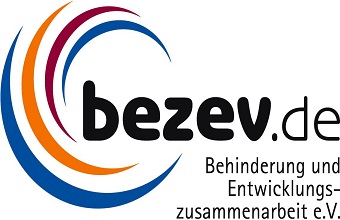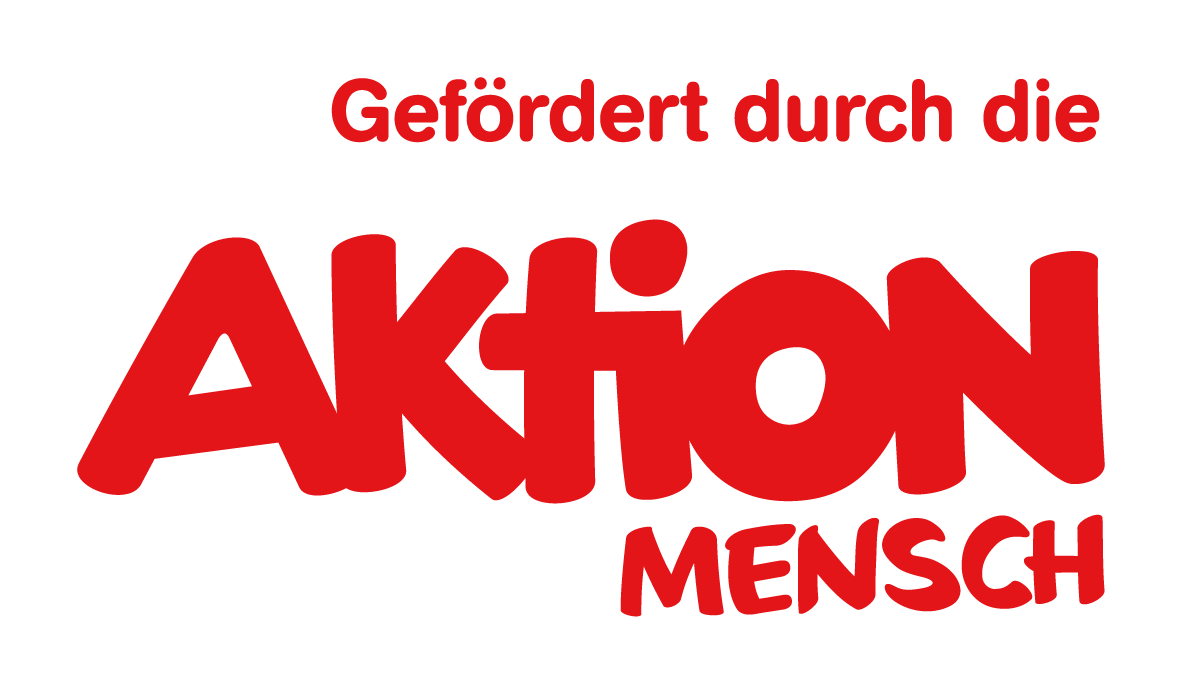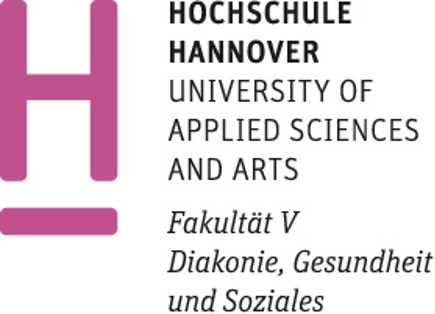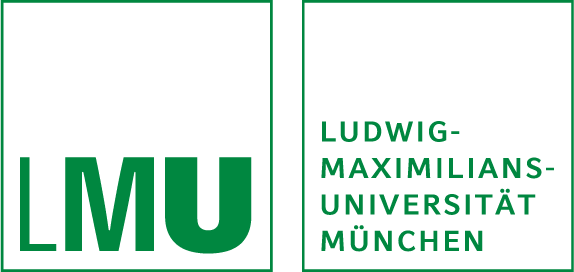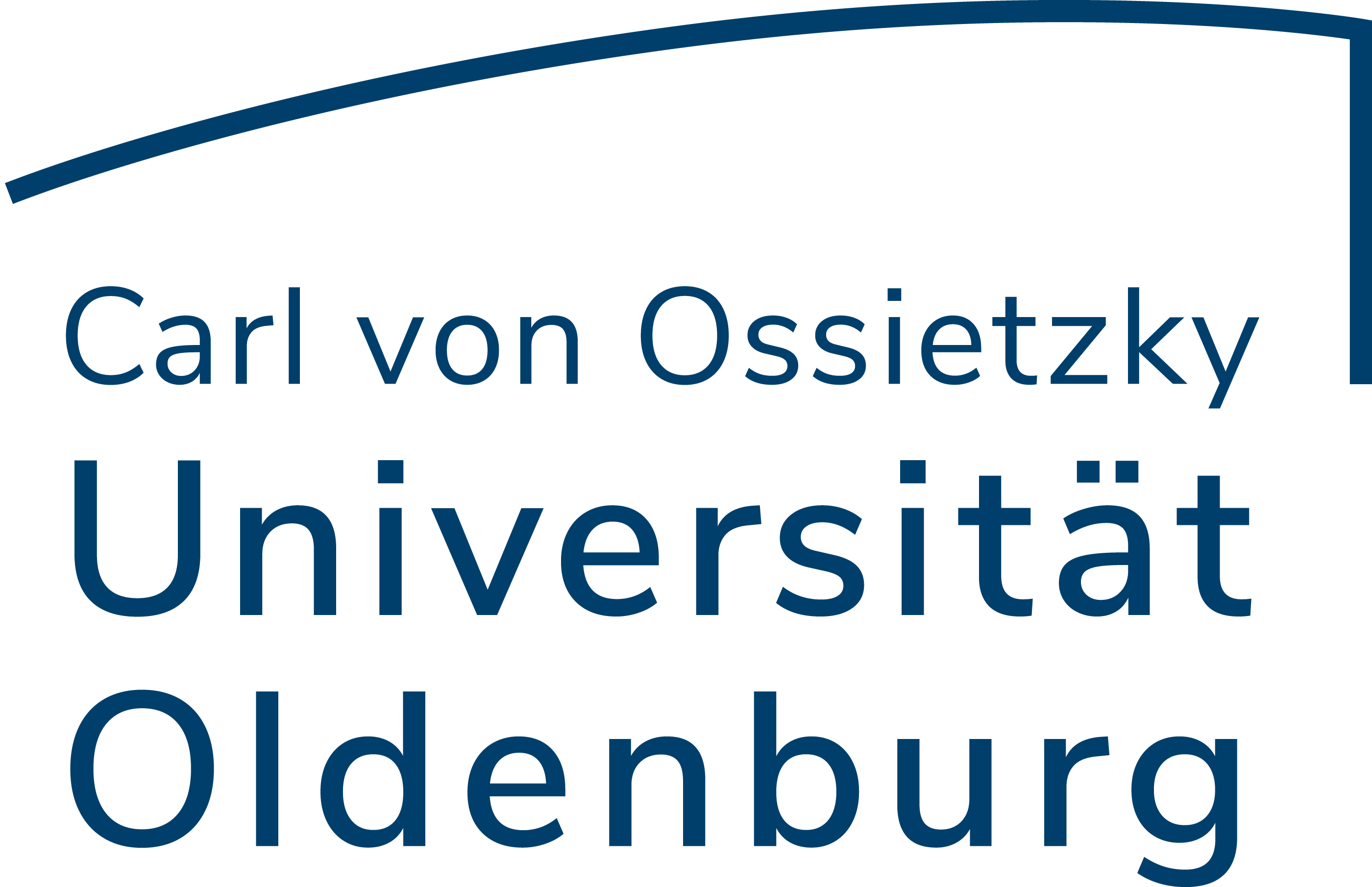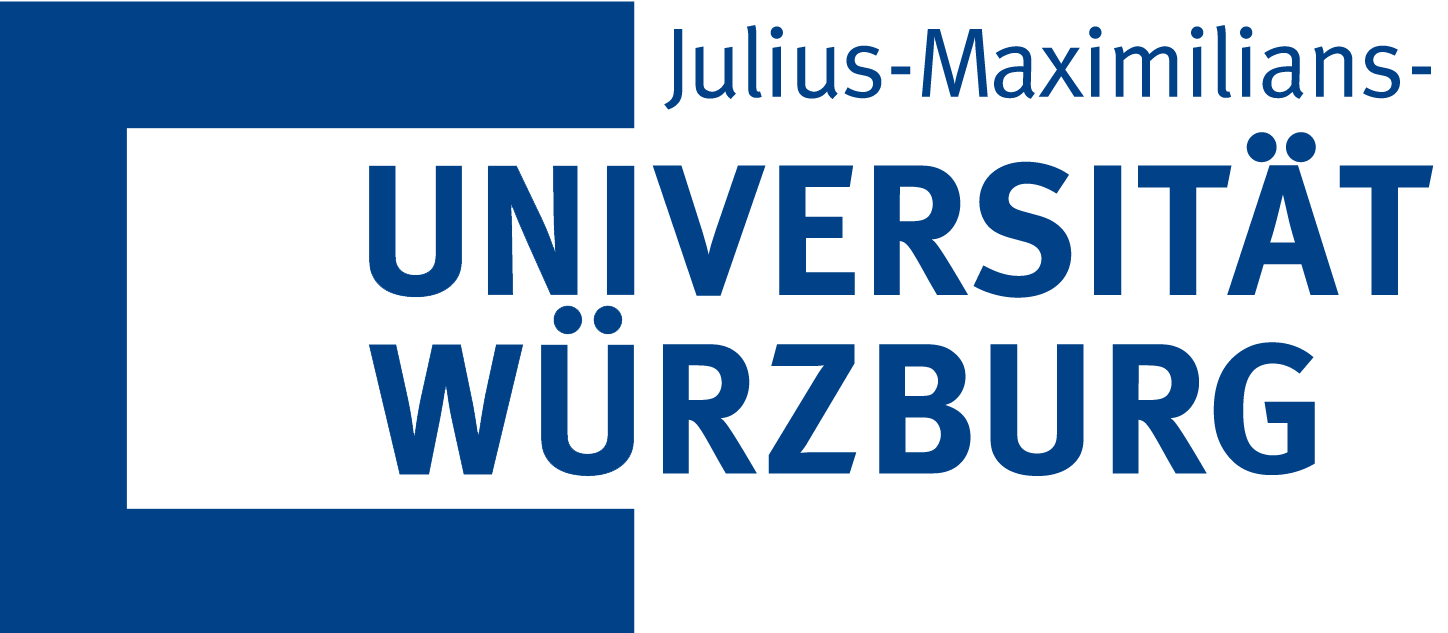Open International Webinar and Lecture Series 2023/2024
The lecture series will take a look at the UN´s 2030 Agenda for Sustainable Development and its inclusive design. Invited lectures will address various issues of Inclusion, Social Justice and Dis/Ability from an international perspective, with the focus on the Global South (but not exclusively).
Global Challenges and Worldwide Perspectives on Inclusion in the Context of the UN Sustainable Development Goals
 Open International Webinar and Lecture Series 2023/2024
(Bild: TH Köln)
Open International Webinar and Lecture Series 2023/2024
(Bild: TH Köln)
Summary
The lecture series will take a look at the UN´s 2030 Agenda for Sustainable Development and its inclusive design. Invited lectures will address various issues of Inclusion, Social Justice and Dis/Ability from an international perspective, with the focus on the Global South (but not exclusively). As a common thread, all lectures touch on the terms "inclusion" and "sustainability“, as well as refer to the 2030 Agenda and specific Sustainable Development Goals (https://sdgs.un.org/goals).
Every Online-Webinar via Zoom
Meeting-ID: 668 3030 7455
Code: 895688
The lecture series includes 6 free online-webinars via Zoom over the course of 4 months from October 2023 until January 2024. It is organized by a consortium of several universities and NGO`s in Germany, together with international partners and global NGOs. Lectures and discussions will be held in English. We try to organize them in an accessible format: all lectures are translated into International Sign Language and accompanied by written interpretation in English. The program is open to interested students, professionals and researchers from all disciplines, especially in the fields of education, social work, social sciences and the humanities. Students and colleagues from the Global South are particularly invited to join the discussions with critical reflections.
11. Oct. 2023, 6:00 – 7:30 p.m. (CEST)
Mid-term of the 2030 Agenda: “Seven Years till 2030! Where Are We with the 2030 Agenda? How Can We Accelerate Implementation? How Relevant Is the 2030 Agenda for Persons with Disabilities?”
Prof. Dr. Imme Scholz (Board of the Heinrich Böll Foundation and Co-Chair of the UN Independent Group of Scientists that drafted the GSDR 2023) & Gabriele Weigt (Managing Director Behinderung und Entwicklungszusammenarbeit e.V. (bezev))
In 2015, the UN General Assembly adopted 17 sustainability goals, known as Sustainable Development Goals (SDGs), to address key social, economic and environmental challenges facing humanity by 2030. The SDG Summit, to be held in September 2023, will mark the half-way point to the deadline set for achieving the 2030 Agenda and the Sustainable Development Goals. What is the status of implementation and what needs to be done to still achieve the goals by 2030? How relevant is the 2030 Agenda for people with disabilities and the realization of their rights to equal participation?
25. Oct. 2023, 6:00 – 7:30 p.m. (CEST)
Inclusive Education: A Subject to Study as well as a Principle how to Study – the Example of Addis Ababa University and Hochschule Hannover
Dr. Sewalem Tsega (Addis Ababa University, Ethiopia) & Prof. Dr. Jana Zehle (Hochschule Hannover – University of Applied Science)
The “inclusive turn” in institutions for Higher Education could not only be met through changing curricula, respectively offering courses named “inclusive”. Inclusive turn implies a “u-turn” away from a merely performative, competitive and market-oriented organization to one that welcomes students with diverse strengths and needs. To do so questions of access and denied access, participation and exclusion and also of contents and methods must be raised and investigated – exemplified by Hochschule Hannover and Addis Ababa University.
08. Nov. 2023, 7:00 – 8:30 p.m. (CET)
Inclusive Action for Climate Protection
Sébastien Jodoin (McGill University, Canada) & Prof. Dr. Matthias Otten (TH Köln - University of Applied Sciences)
The online conversation with Prof. Sébastien Jodoin and other activists will address the nexus of research and advocacy on disability-inclusive climate action. We want to share ideas and approaches in which disabled people can act as agents of climate action. Obviously, there are challenges and barriers in doing so, but also hope and optimism in having an active role in promoting sustainable and inclusive climate policies.
22. Nov. 2023, 6:00 – 7:30 p.m. (CET)
Interculturality – A Path to Inclusion?
Dr. Luiz André Dos Santos Gomes (Ludwigs Maximilians University Munich)
The 2030 Agenda and its educational goals in the sense of an inclusive school already implicitly and explicitly state that there is a line that differentiates (institutionally) children in schools/in society. Is the understanding of the term Culture and Interculturality a step towards a better acceptance of everyone at school/in society?
06. Dec. 2023, 6:00 – 7:30 p.m. (CET)
Inclusive Teacher Education after War – Experiences from Iraq
Prof. Dr. Clemens Hillenbrand (Carl von Ossietzky University of Oldenburg), Prof. Dr. Marie-Christine Vierbuchen (Europa-Universität Flensburg) & Prof. Dr. Frederike Bartels (University of Vechta)
Iraq has struggled for decades with multiple and competing crises in governance, economy, health, business and education. The need to strengthen inclusion arises from the fact that in countries like Iraq, the education sector is particularly vulnerable to ongoing conflicts and weak infrastructure on multiple levels, including a large number of people with disabilities, insufficient qualifications of teaching staff, and insufficient access to teaching and learning materials on inclusion and inclusive education. Within the framework of the DAAD-funded projects LEILA, SENT-3 and PROD-I, various measures were integrated to specifically train lecturers and (future) teachers for inclusion. In this presentation, we report and discuss measures, challenges and special opportunities of the implementation of inclusion in Iraq and especially of teacher training for inclusion.
10. Jan. 2024, 6:00 – 7:30 p.m. (CET)
"Employment for All!"
Thomas Spaett, Dipl.-Psych., Dipl.-Psych.Ger. (Julius-Maximilians-University Würzburg)
Decent work and economic growth is one of the United Nations Sustainable Development Goals and fundamental for people with disabilities to take part in society. Not only in countries of the Global South we see that reducing unemployment is one of the major challenges. The session will first introduce basic knowledge concerning employment and poverty in relation to disabilities and then put a spotlight on research projects within this topic.
For further information and registration please follow the link below
Please note: The lectures (excluding questions and discussion) will be recorded. After the end of the lecture series in January, the recordings of the lectures will be available to all interested parties as open access teaching material on the following platform: https://ilu.th-koeln.de/. We will inform all participants via Email as soon as the recordings are available. By attending the lectures, you agree to the recording. If you have any questions, please do not hesitate to contact us: gcpi-sdg@f01.th-koeln.de
The lecture series is an event of TH Köln, Faculty of Applied Social Sciences in cooperation with:
Behinderung und Entwicklungszusammenarbeit e.V.
Ludwig-Maximilians-Universität München
August 2023

